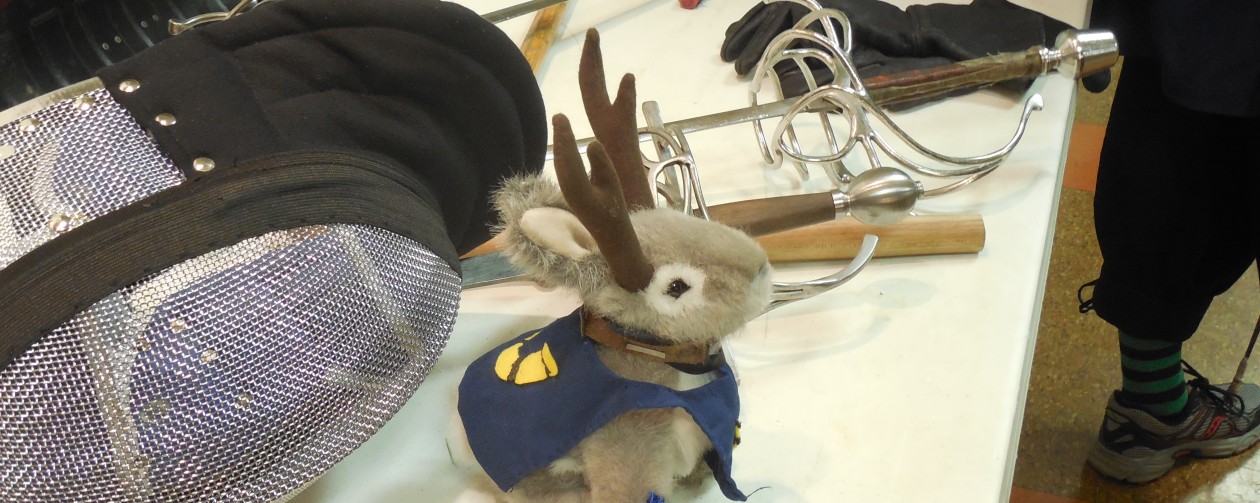Today, I am reading and commenting on Mark 14-16.
I was going to write about Judas, or about Peter, or perhaps Judas and Peter. Then I read through the ending of Mark, which appears to be chapter 18, verse 8. I was going to ignore verse 9 through the end, because that appears to be a later addition. However, after some thought about how I understand the Bible, and God’s power, I decided to write what I thought about Mark ending with verse 8, then a bit about the rest. When the women were heading to the tomb early Sunday morning, they were worrying about how they would roll aside the stone in order to get to Jesus’ body to finish the burial preparations. In a way, they were praying to be able to give their last respects to someone they dearly loved. God answered that prayer, but not in a way which bore any resemblance to what they had hoped for. In fact, God’s answer to their prayer was so much better than what they were thinking that they did not make the connection. As a result, they were frightened and fled. They were coming to Jesus’ tomb to say good bye to Him, because they believed He was dead and that they would not see Him again. Instead, they found Jesus’ body gone and someone who told them that He was risen. Mark tells us that the women fled and told no one.
Which brings me to the “add-on” of verse nine to the end. It appears that later scribes who copied the Gospel of Mark felt that this ending left us hanging with no explanation of what came next. So, they added this bit which contains summations of information from other Gospels. Now, I had decided, after some thought, that we should consider this addition as the canon, as authoritative, because it has been copied as part of the Gospel of Mark for so long. I believe in God’s power to maintain the accuracy of the Bible. Therefore, if this addition did not contain material which God considered important for guide us in following His will, He would have arranged for it to be removed. Today, as I was putting my thoughts together, I discovered that this addition to the Gospel of Mark goes back to at least the Second Century A.D.. Which means it was likely included by people who knew witnesses to Jesus’ life. And that brings me to what we need to learn from this addition. Jesus told His Disciples, and through them us, that signs would accompany those who believed in Him. I am going to look at one of those signs which Jesus mentions here: they will pick up snakes with their hands. Some people make a ritual out of following this, but I think it refers more to what happened to Paul after he was shipwrecked. Paul did not purposefully pick up a venomous snake, but when he did so and was bitten, it did not harm him. In the same way, we should follow God’s direction without spending time fearing a dangerous place, or even a dangerous action. That does not mean we do not take danger into account. It just means that we do not let danger stop us from doing what the Spirit has directed us to do.
I use the daily Bible reading schedule from “The Bible.net” for my daily Bible reading.















